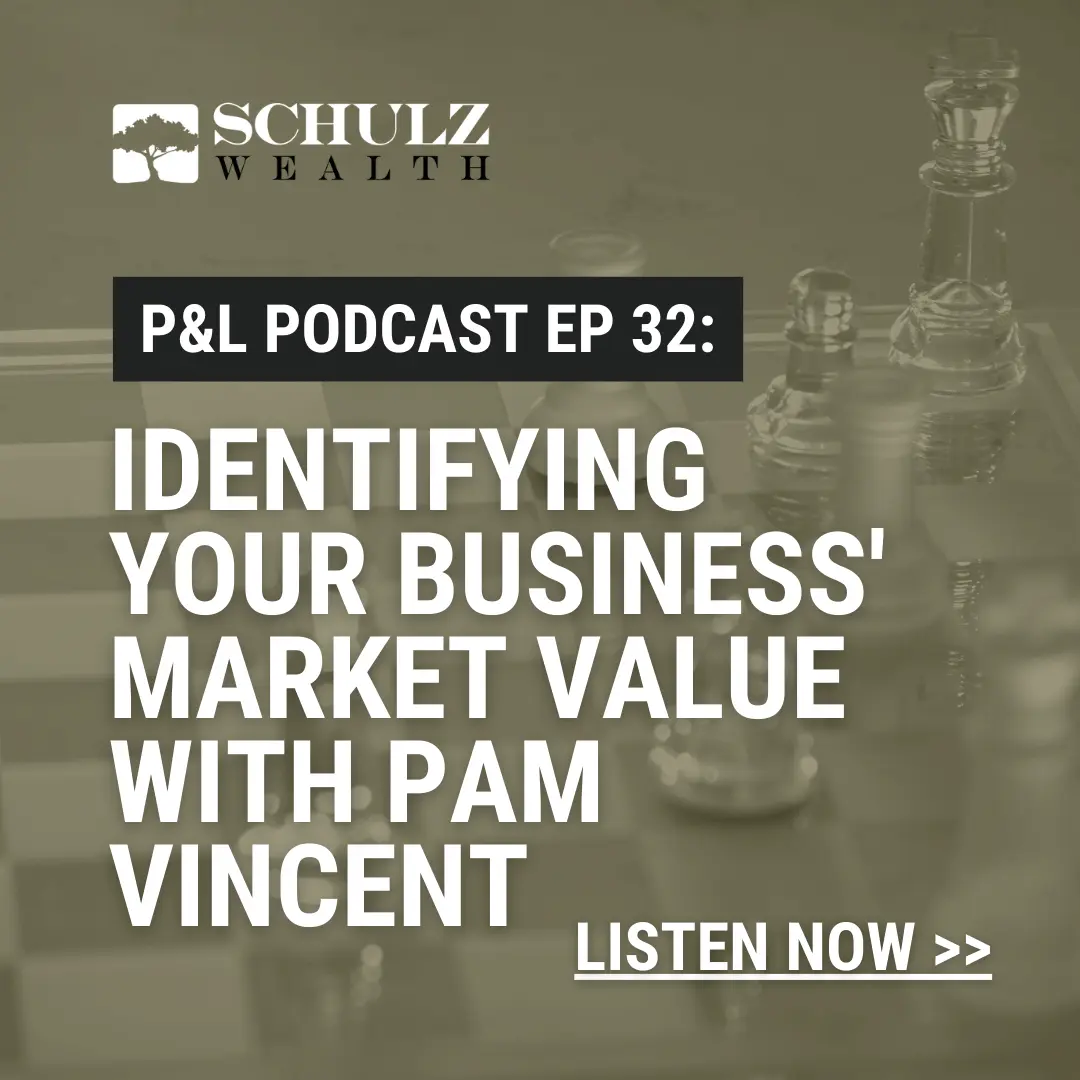Health in Retirement
Recently, Shelly and I headed out early in the morning from our hotel in Hood River, Oregon, to hike our way to several waterfalls in the beautiful Columbia Gorge. On our way, we stopped in a diner for a quick breakfast. At a nearby table sat a lovely lady about my age who was clearly not in good health.
It made me think, first of all, how fortunate I am to be healthy and able to engage in fun, strenuous activities at 58 years of age. Secondly, I can't take my health for granted; instead, I need to prioritize it to maintain an excellent quality of life.
CNBC surveys retiree concerns every year. Last year, 31% of those surveyed said declining health or illness was their biggest worry. The most common response. It wasn't running out of money or the stock market, but rather their health that was their top concern.
Like anything else in life, there are things we can control, and other things we cannot, regarding our health. The roulette wheel of debilitating and even deadly disease gets stacked more and more against us as we age. There is not a lot we can do about that. But there is no question that we run the gauntlet much better when we take care of our bodies, instead of just passively allowing age and time to take their toll.
Say what you want about Robert F. Kennedy Jr., his politics and distrust of science make him a controversial figure. But at 71, he is in fantastic shape and can still leg press 700 pounds. The guy obviously has great genetics along with the wealth, free time, and access to care that is not available to everybody. Regardless, he works out consistently and takes his own personal health very seriously. It's inspiring.
My good friend John Donnely has also been an inspiration. John was recently on my podcast talking about the summit he and another friend, Mark Cabal, accomplished at Mount Kilimanjaro. John caught the bug of long-distance walking, using it to stay healthy and engage in new experiences.
All of this has me thinking about what we can do to remain healthy and active as long as possible. Here are some of my thoughts:
1) Take control of our healthcare
I don't believe staying within the systems of coverage and options provided by insurers and health systems is in our best interests. Recently, I ventured out and found a concierge primary care physician, and it has been a great experience. He runs a process very similar to the financial planning process we run with clients. He identifies potential issues and helps me prioritize and systematically address them. I have been able to pragmatically tackle health concerns that, until now, had little to no real plans of action. Doctors and specialists within the hospital and health insurance systems do not have the luxury of time and money to develop a plan.
2) Exercise
This one is obvious, but it's tough for most of us to remain diligent with an exercise plan. For me, I have to create goals to motivate myself. Currently, my goal is to work out 7 days in a row. From there, I'll get to 14 days, a month, and so on. Each time I achieve my goal, I reward myself. It's embarrassing that I have to treat myself like a seven-year-old, but if it works, I don't care.
3) Diet
Another critical health factor is what we put in our bodies. This one is tough because we are working against nature. If you put a basket of tortilla chips in front of me, I'm going to eat them, all of them. There is no way around it; it's embedded in my DNA. The only way around it is to avoid having tortilla chips or other unhealthy and satisfying foods within reach. I'm still trying to figure this one out, because it takes a lot of willpower to eat correctly with so many temptations at every corner.
The financial link to health in retirement
The most significant risk to your wealth in retirement is outliving your money. We spend a lot of time and effort with our clients to mitigate this risk. We also plan for higher healthcare costs and significant long-term care costs later in life. From a financial standpoint, we can prepare for all of this and make sure your wealth is secure.
From a quality of life standpoint, however, your wealth is just one piece of the puzzle. There are other pieces, and our health is a big one. Let's not take our health for granted and do the best we can with what we have.
Those are my thoughts,
Rob Schulz, CFP®
.png)

.png)


Leave a Comment